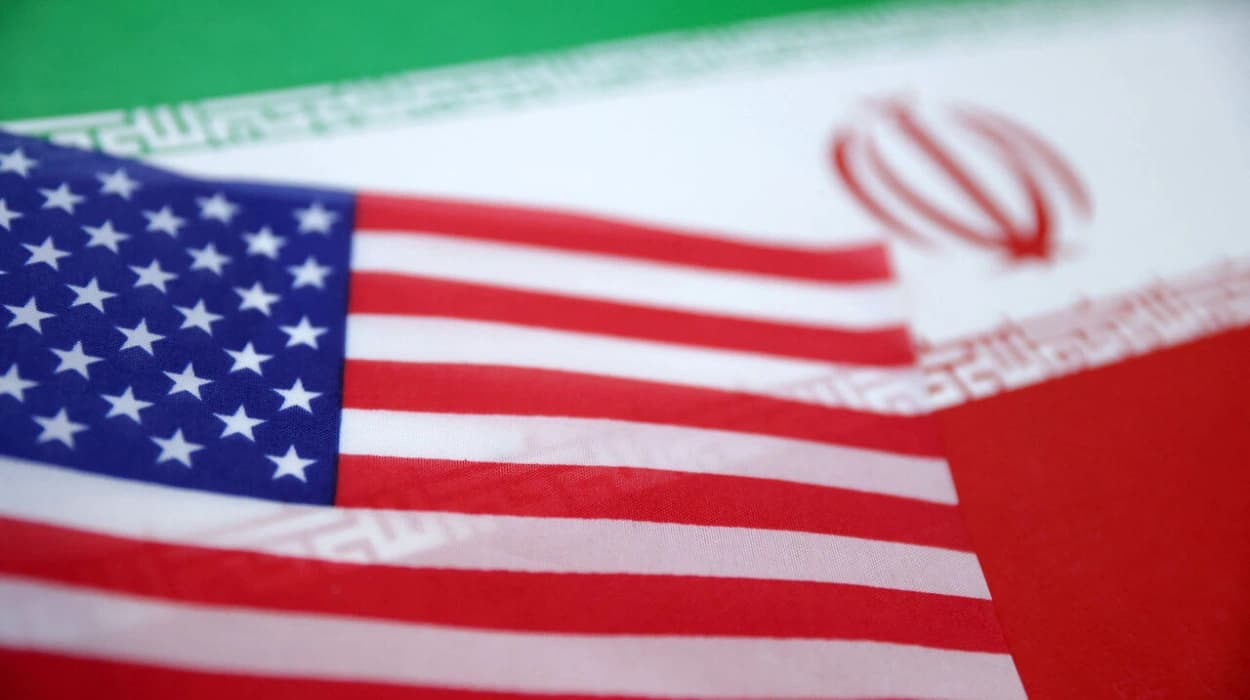John Hurley, the US Treasury's undersecretary for terrorism and financial intelligence, will visit Israel, UAE, Turkey, and Lebanon to advance President Donald Trump's "maximum pressure" campaign on Iran aimed at restricting Tehran's nuclear programme and regional proxy activities. The trip marks Hurley's first to the Middle East since taking office and highlights ongoing US efforts to coordinate sanctions enforcement and deny Iran financial resources.
US Treasury's Sanctions Chief Embarks on Middle East and Europe Trip
As reported by Reuters on October 31, John Hurley, the US
Treasury Department's top sanctions official, is scheduled to travel to the
Middle East and Europe beginning Friday, marking his initial visit to the
region since assuming office. His itinerary includes Israel, the United Arab Emirates, Turkey, and Lebanon as part of intensified US efforts to increase
sanctions pressure on Iran under President Donald Trump's administration.
Reinforcing Trump's 'Maximum Pressure' Strategy Against Iran
Following Trump's re-election, the White House reinstated
its "maximum pressure" strategy aimed at crippling Iran's nuclear
weapons development capacity. This approach includes stringent sanctions and
military actions, such as US airstrikes on Iranian nuclear facilities carried
out in June. Hurley underlined that the US intends to maintain persistent,
collective sanctions to counter Iran's destabilising activities and terrorism
sponsorship in the region.
In a statement, John Hurley emphasised,
"President Trump has emphasized that Iran's destabilizing actions and terrorist activities require ongoing and coordinated pressure."
He expressed intent to
collaborate closely with regional and international partners to synchronise
efforts in denying Iran and its affiliates the financial means necessary to
evade sanctions, fund violence, and disrupt regional stability.
Countries on the Tour and Visit Significance
Hurley's visits to Israel, UAE, Turkey, and
Lebanon—strategically important nations in Middle Eastern geopolitics—highlight
Washington’s efforts to build a regional consensus in applying maximum pressure
on Tehran through sanctions enforcement and financial restrictions. This
diplomatic move signals the US commitment to remain deeply involved in Middle
East security affairs.
Iran’s Response and Broader Context
Reuters noted that Iran's diplomatic mission to the United Nations
in New York did not immediately respond to requests for comment on Hurley's
upcoming trip or the US reassertion of sanctions. This silence fits a broader
pattern of tension between Tehran and Washington, with Iran resisting
international pressure, including rejecting proposals from President Trump for
new agreements on its nuclear programme.
Iran is also reported to be facing severe economic
challenges, including hyperinflation and recession risks exacerbated by renewed
sanctions, as per Reuters analysis on October 21. Iranian officials have
expressed concerns over US and allied sanctions aimed at provoking unrest and
weakening the regime’s foundations.
Historical Background: US Withdrawal from 2015 Nuclear Deal
The renewed 'maximum pressure' campaign follows President
Trump's withdrawal from the 2015 Joint Comprehensive Plan of Action (JCPOA)
during his first term, an agreement that limited Iran’s uranium enrichment in
exchange for sanction relief. Trump's administration views the old agreement as
insufficient to prevent Tehran's missile developments and regional
interference.
Related Developments in Regional Security and Sanctions Enforcement
Additional reports by Reuters and CNN highlight ongoing challenges around Iran's military capacities and regional activities. Western intelligence indicates Iran is intensifying efforts to rebuild its ballistic missile programme despite the United Nations' recently reinstated sanctions that ban related arms activities. According to these intelligence sources, China has supplied materials essential for Iran's missile propellant, complicating enforcement of international sanctions.
